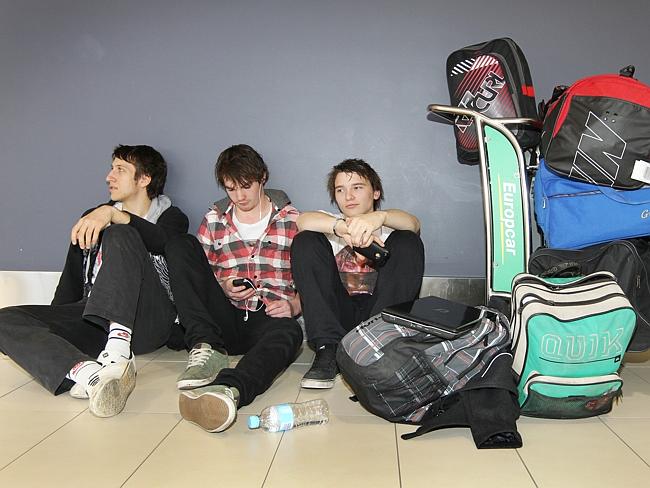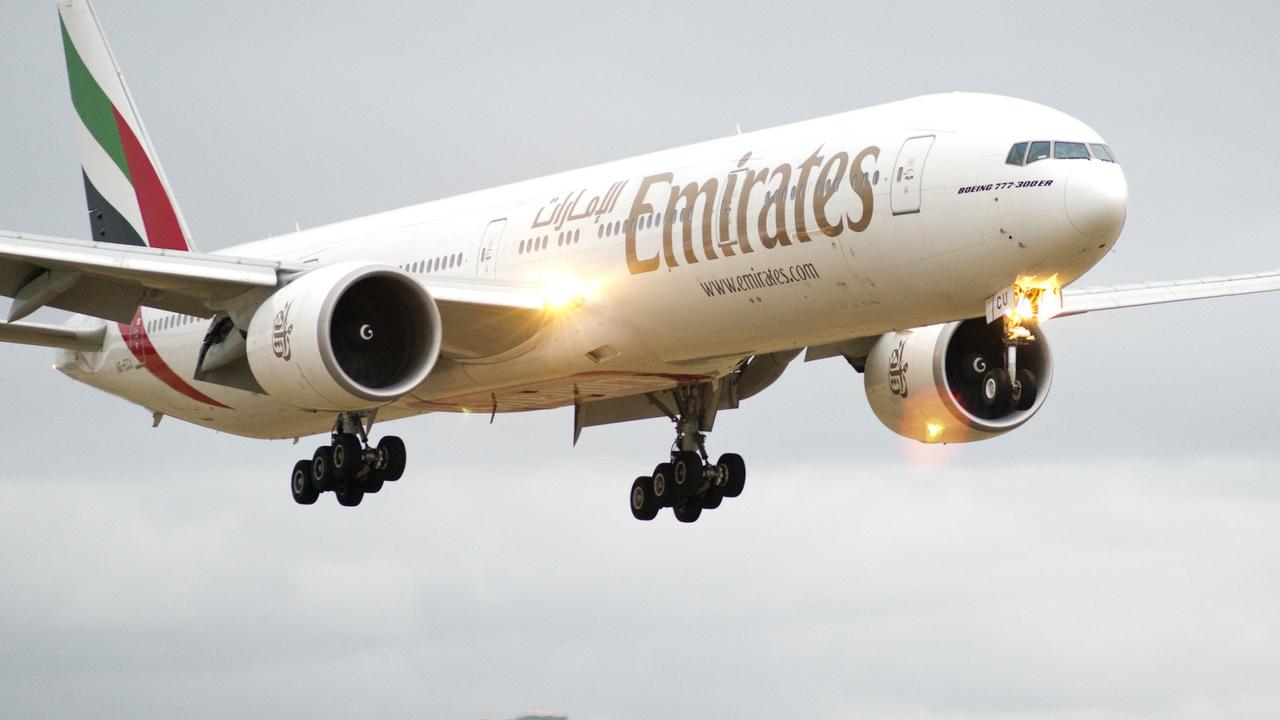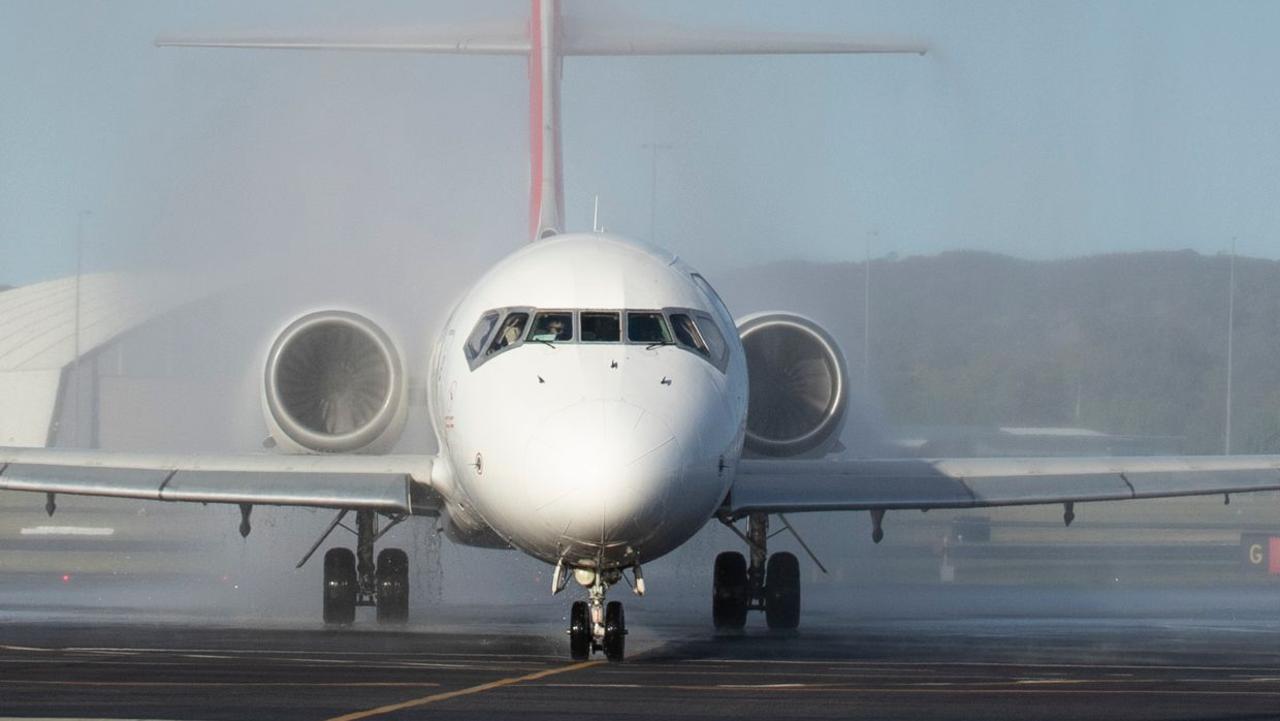The truth about airline cancellations
HAVE you ever wondered why your flight was cancelled, leaving you stranded at the airport? You may be surprised to learn the truth.
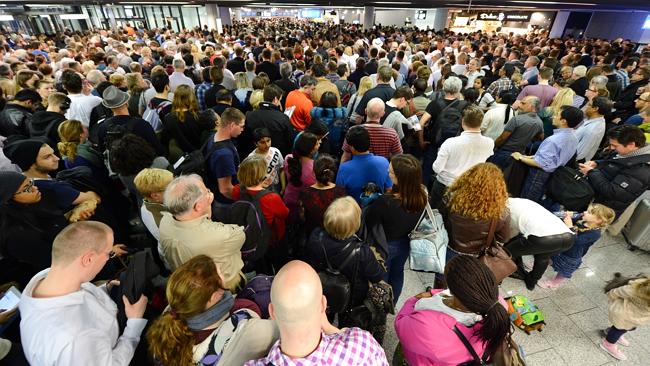
HAVE you ever wondered why your flight was cancelled, leaving you stranded at the airport for hours with a screaming toddler?
Time Magazine has ventured inside the rather strange world of airline cancellations. With behind-the-scenes access to the American Airlines (AA) integrated Operations Control Center and the staff, they went on a mission to find out the real reasons why it happens.
It turns out an algorithm usually makes the decision — with input from human operators — about which flights can be scrapped while keeping the airline’s schedule “as whole as possible”. It’s a complex reasoning that doesn’t always involve bad weather or problems with aircraft.
At AA, the algorithm is nicknamed “The Cancellator”. Seriously. Teams of experts ranging from meteorologists to airport managers and flight attendant supervisors (and more) monitor the flight variables and feed them into the program, which then comes up with a “hit list”.
There are three broad dimensions that are considered when cancelling a flight: Customers, crew and planes. Surprisingly, customers don’t always come first. Why? “A flight may be fully optimised for customers (initially), but it’s going to destroy you the next day because you are going to have crews totally out of position,” an airline executive said.
For example, when a storm hits, retrieving stranded aircraft and crew can be extremely time-consuming and expensive.
Often the decision is based on profitability — do they really want to fly just 23 people all the way to Fargo, North Dakota (US)?
Other factors that are considered in the cancellation equations include whether pilots will have to work extra hours in violation of the rules, or if passengers will miss their connecting flights.
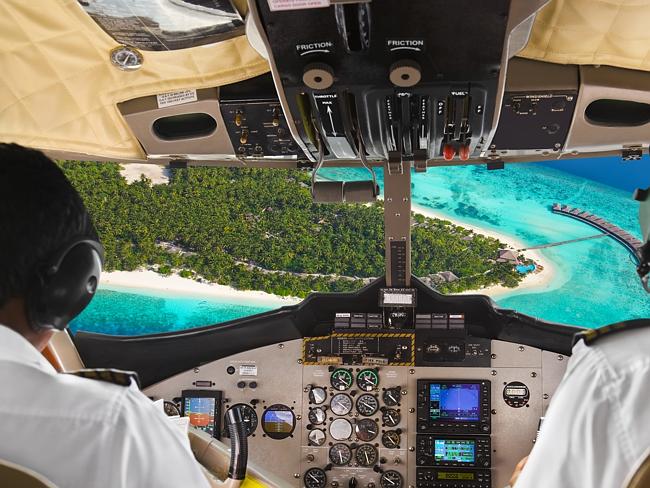
So be warned, if your flight is full of “terminators” — travellers who aren’t connecting — then your odds of cancellation go up.
The number of top-tier frequent flyers on board also plays into the equation: The more hardcore loyal customers, the less likely it is that the flight will be cancelled.
Aircraft are merely “pieces in a large-scale chess game” and international flights have a high priority. So do local flights that are ferrying crews, particularly to those international flights.
The airlines try to make decisions before passengers leave for the airport to avoid making things even worse.
Read more travel news from The Tarmac at Flyertalk.com.
